Dhaka, August 19— The High Court of Bangladesh has issued a ruling questioning the legality of the Fifteenth Amendment to the Constitution, asking why it should not be declared invalid. The rule was issued on Monday at noon.
The Fifteenth Amendment, passed on June 30, 2011, and approved by the President on July 3, 2011, is a significant piece of legislation that reintroduced secularism and religious freedom into the Constitution. It also enshrined the principles of nationalism, socialism, democracy, and secularism as state principles.
One of the most notable changes brought about by this amendment was the official recognition of Sheikh Mujibur Rahman, the leader of Bangladesh's independence movement, as the Father of the Nation. Additionally, the amendment abolished the caretaker government system, which had been a contentious issue in the country's political landscape.
Furthermore, the amendment increased the number of seats reserved for women in the National Parliament from 45 to 50 and introduced new provisions in the Constitution—Articles 7(a) and 7(b)—to prevent the unconstitutional usurpation of state power.
The amendment was introduced by the then Minister of Law, Justice, and Parliamentary Affairs, Barrister Shafiq Ahmed, and was passed by a majority vote of 291-1 in Parliament, despite a boycott by the opposition BNP.
The High Court's ruling has sparked renewed debate over the Fifteenth Amendment, with many anticipating a legal battle that could have significant implications for the country's constitutional framework. The court has sought responses from the relevant parties to explain why the amendment should not be declared invalid, bringing the issue to the forefront of national attention.



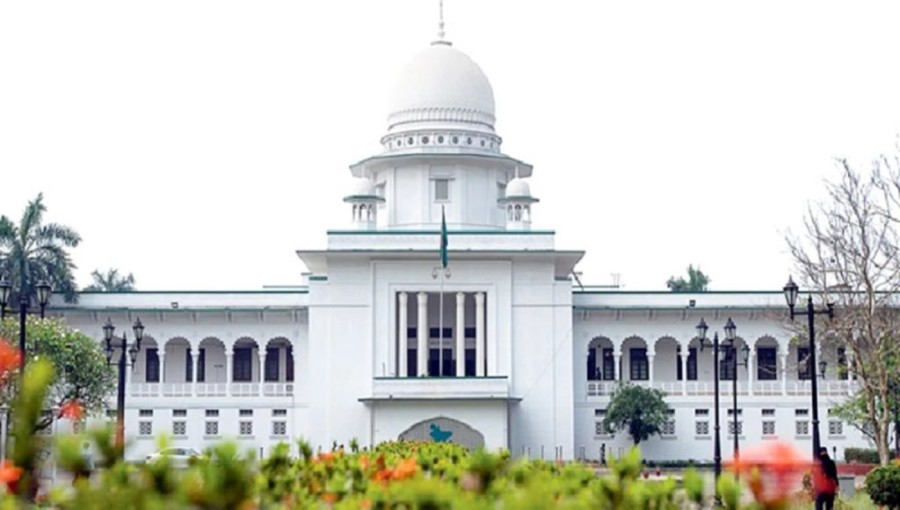


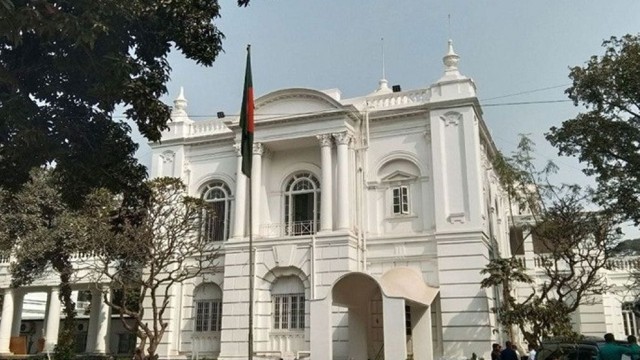
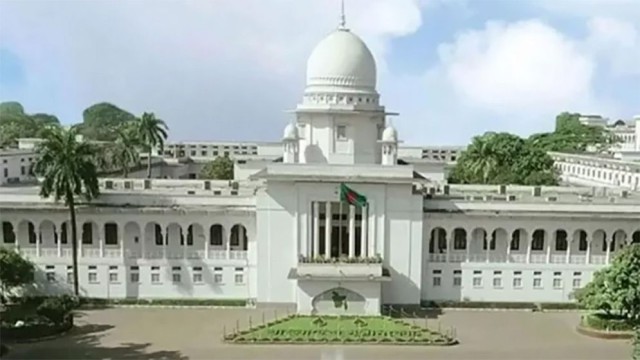
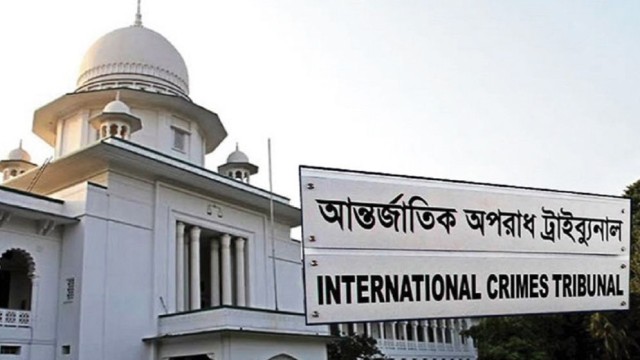
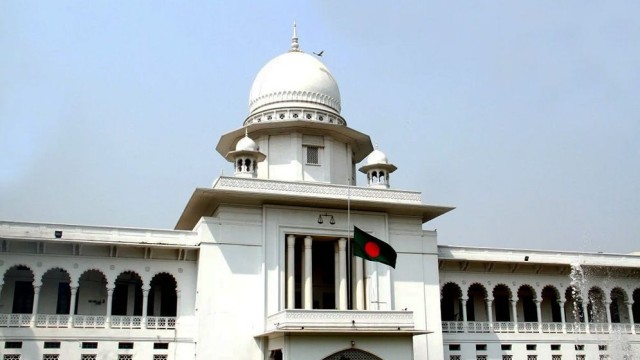

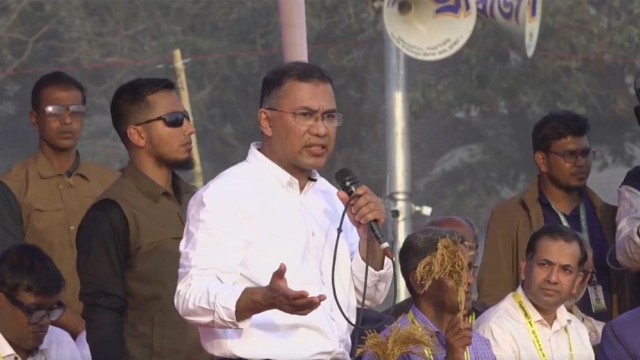

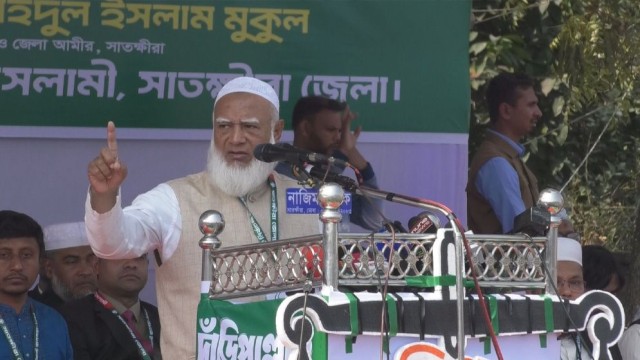
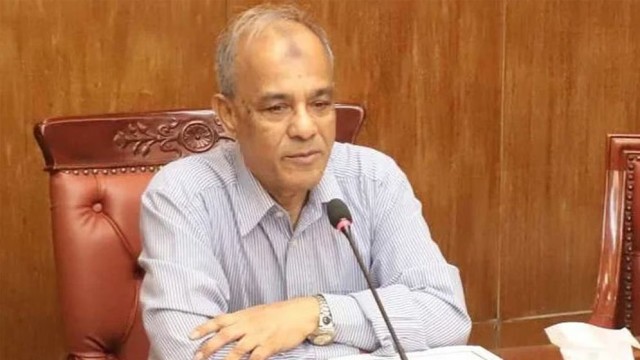


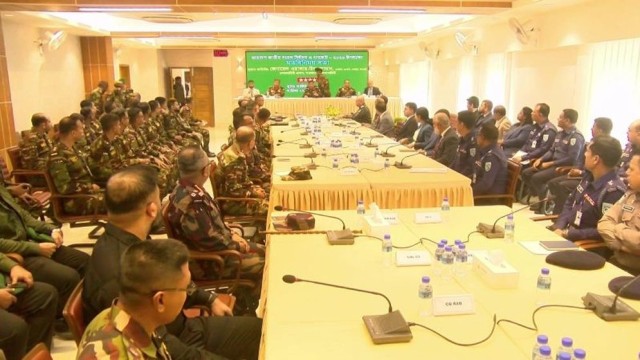

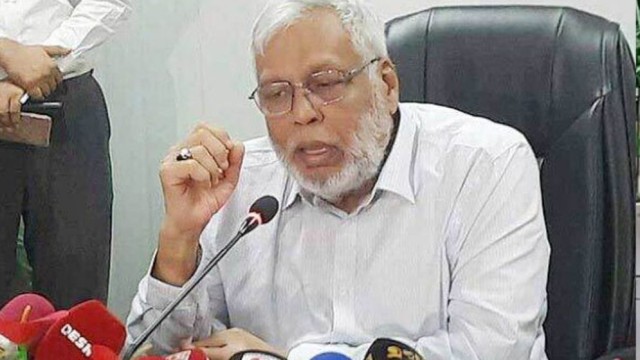

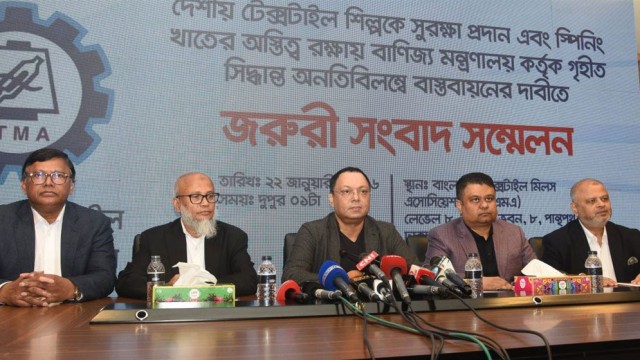
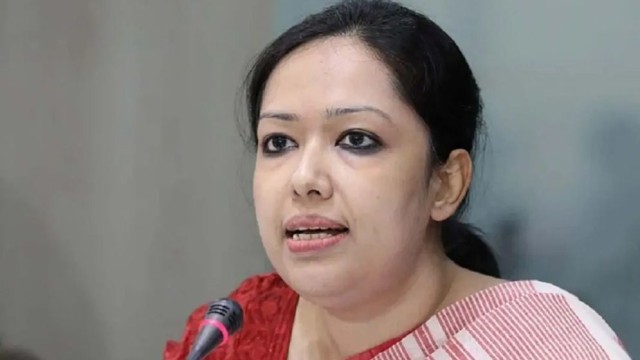

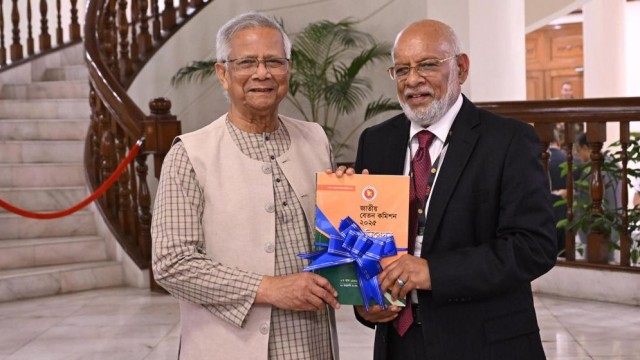



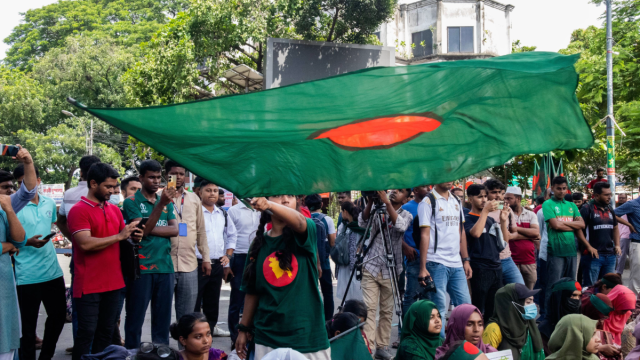

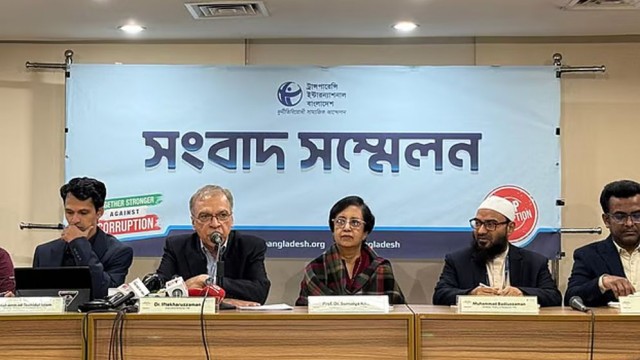
Comment: